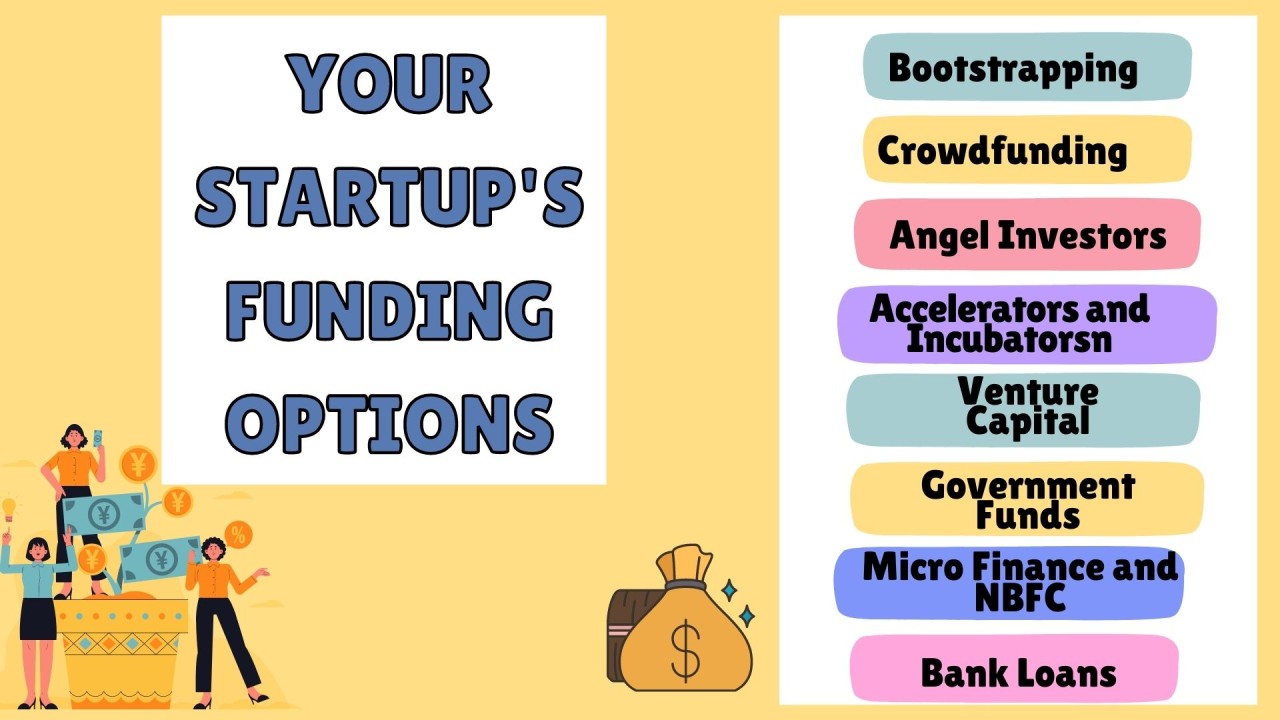Understanding the Importance of Financial Planning
In today’s competitive market, effective budgeting techniques are essential for small businesses to thrive. Financial planning not only helps manage day-to-day expenses but also lays the groundwork for long-term success. This article explores various budgeting strategies that can empower small business owners to achieve their financial goals.
Why Financial Planning Matters for Small Businesses
Financial planning is crucial for small businesses as it provides a roadmap for managing resources effectively. By establishing a clear budget, business owners can make informed decisions, allocate funds wisely, and prepare for unexpected challenges.Key Benefits of Financial Planning:
- Improved Cash Flow Management: A well-structured budget helps track income and expenses, ensuring that cash flow remains positive.
- Goal Achievement: Setting financial goals allows businesses to focus on growth and expansion while monitoring progress.
Effective Budgeting Techniques for Small Businesses
1. Categorizing Expenses: Organize Your Budget
One of the most effective budgeting techniques is categorizing expenses into specific groups. This approach simplifies tracking and helps identify areas where costs can be reduced.Expense Categories to Consider:
- Fixed Costs: Regular expenses such as rent, salaries, and insurance.
- Variable Costs: Costs that fluctuate based on business activity, like raw materials and utilities.
- One-Time Costs: Non-recurring expenses such as equipment purchases or special projects.
2. Prioritizing Spending: Focus on What Matters
When creating a budget, it’s essential to prioritize spending based on the business’s goals. Every expense should contribute to achieving these objectives.Strategies for Prioritizing Expenses:
- Assess the return on investment (ROI) for each expenditure.
- Eliminate unnecessary costs that do not align with your financial goals.
3. Implementing Zero-Based Budgeting: Start Fresh Each Cycle
Zero-based budgeting (ZBB) is a powerful technique that requires all expenses to be justified for each new budgeting period. This method encourages efficiency by scrutinizing every dollar spent.Benefits of Zero-Based Budgeting:
- Cost Control: Helps identify and eliminate wasteful spending.
- Resource Allocation: Ensures funds are allocated based on current needs rather than historical spending patterns.
4. Utilizing Budgeting Tools and Technologies
Incorporating technology into your budgeting process can streamline financial management and improve accuracy. Various tools are available to help small businesses monitor their budgets effectively.Recommended Budgeting Tools:
- FreshBooks: An intuitive platform that simplifies expense tracking and invoicing.
- Scoro: An all-in-one solution that combines budgeting with project management features.
5. Regularly Reviewing Your Budget: Stay Adaptable
Budgeting is not a one-time task; it requires regular reviews to adapt to changing circumstances. By analyzing your budget periodically, you can make necessary adjustments to stay on track.Tips for Effective Budget Reviews:
- Schedule monthly or quarterly reviews to assess performance against the budget.
- Adjust forecasts based on actual income and expenses to maintain accuracy.
Achieving Long-Term Success Through Effective Budgeting
Implementing effective budgeting techniques is vital for small businesses aiming for long-term success. By understanding the importance of financial planning and utilizing strategies such as categorizing expenses, prioritizing spending, and adopting zero-based budgeting, business owners can navigate challenges more effectively. Embracing technology and regularly reviewing budgets will further enhance financial management, paving the way for sustainable growth and success in an ever-evolving marketplace.


